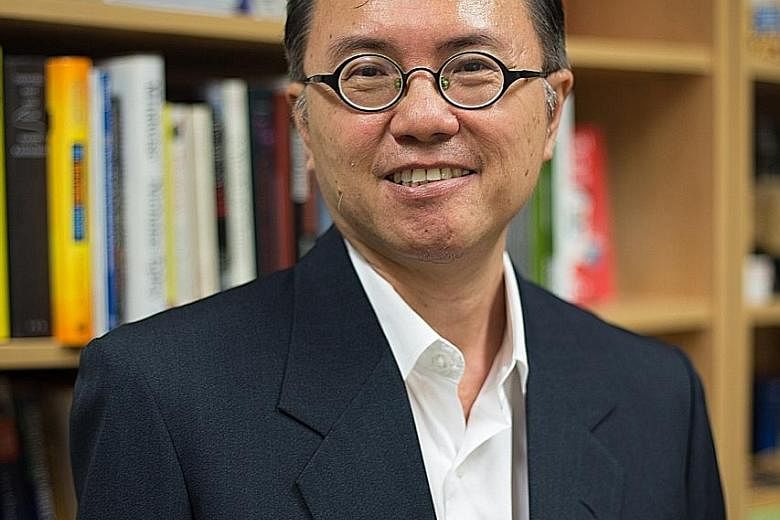Associate Professor Fong Wai Mun of the NUS Business School's finance department believes most investors do not focus enough on profitability - even though it might seem like a very obvious approach to investing.
He said that while older investors are often specifically interested in high dividend yields, given the regular payouts, he wanted to devise a strategy that accumulates wealth in a sustainable fashion.
To that end, he came up with the "Profitable Dividend Yield", or PDY strategy, and simulated its returns in a portfolio that combines stocks that possess both high gross profitability and high dividend yield.
The PDY strategy builds on previous research in the United States, showing that highly profitable stocks can sustain future profitability better than less profitable stocks.
The PDY approach means an investor can build a portfolio comprising profitable companies that also pay high dividends.
Prof Fong's simulations confirmed the PDY portfolio is a powerful driver of long-term wealth.
He found that even allocating a small portion of a traditional 60/40 portfolio to PDY stocks led to meaningfully higher wealth over a 20-year horizon.
In other words, investors with the patience to ride out market cycles with the PDY strategy can expect to outperform the classic long-term portfolio, comprising 60 per cent in a diversified stock market index like the S&P 500, and 40 per cent in long-term government bonds.
Based on Prof Fong's research tracking US stocks for 50 years, from 1963 to 2013, the PDY portfolio had an annual historical excess return of 1 per cent compared with the US Treasury bill rate.
His research won him the prestigious 2015 Brandes Institute Research Prize, awarded for innovative application of behavioural finance principles to address the issue of long-term wealth accumulation.
Prof Fong used US research, as it has a longer history, which makes for better statistical reliability. However, he believes the results would be similar in Singapore, as "human nature is the same everywhere".
For investors interested in looking at profitability, Prof Fong measures profitability in a way which diverges from what stockbrokers usually describe as profit.
He said that while stockbrokers usually refer to "net earnings", the most common measure of profitability, his research draws on gross profit - the cost of revenue subtracting the cost of goods sold.
He described his measure of profitability as a "cleaner and truer measure of economic profitability".
Prof Fong said that while the PDY strategy sounds like a combination of value and growth strategy investing, there are some subtle differences.
"Profitable stocks are growth stocks, in that they have relatively low book-to-market price ratio. But they are good growth stocks compared to traditional growth stocks, which are perceived to be bad because they have lower average returns. Profitable stocks are growth stocks with high average returns, so you could call them good growth stocks," he said.
"The PDY benefits from good growth stocks and defensive high- dividend yield stocks," he added.
Prof Fong walks the talk as he subscribes to his own strategy and invests in PDY stocks.
"To begin with, I love high-dividend stocks for the steady income they provide. Moreover, steady income from such stocks encourages me to stay on course for the long term despite the inevitable short-term setbacks."
For investors looking to identify "PDY" stocks, Prof Fong suggests his own method of investment research - using the SGX stock screen to sort stocks according to profitability and dividend yields.
"Typically, the same names will come out - Reits, banks, Singtel, M1," he said, adding that the strategy would best suit those with an investment horizon of 20 to 30 years.
For those with less income, he suggests investing in unit trusts or exchange-traded funds, which would require investors to check if the stocks held by the funds are profitable.
When asked how his strategy differs from street advice, Prof Fong said financial advisers are more likely to give advice based on risk appetite.
"You don't need rocket science to understand the intuition of this strategy. Dividends form an important part of total returns and dividends are sustainable if firms are consistently profitable."


